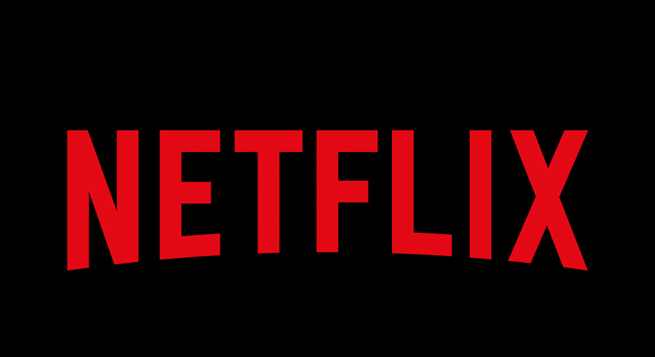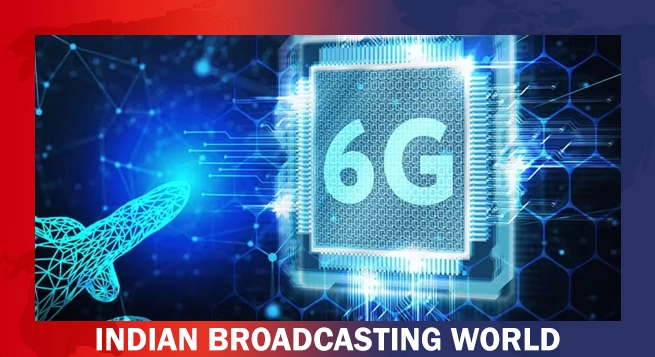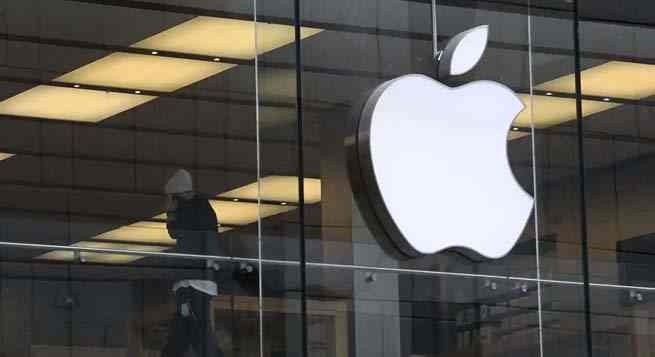Even as China continues to crack the regulatory whip on tech companies of all shapes, sizes and hues — and thereby increasing control over corporate houses and citizens’ lives (limiting weekly exposure of young people to online gaming to three hours, is an example) — India is attempting to regulate the behavior of companies to suit its national needs. And, justifiably so.
Close on the heels of Amazon and Walmart’s Flipkart coming under monopoly regulator’s lens, it’s now Apple Inc. that’s facing an antitrust challenge in India for allegedly abusing its dominant position in the apps market by forcing developers to use its proprietary in-app purchase system.
Citing an unnamed source and reviewed documents, Reuters said the allegations are similar to a case Apple faces in the European Union, where regulators last year started an investigation into Apple’s imposition of an in-app fee of 30 percent for distribution of paid digital content and other restrictions.
The Indian case was filed by a little-known, non-profit group, which argues Apple’s fee of up to 30 percent hurts competition by raising costs for app developers and customers, while also acting as a barrier to market entry, stated a New Delhi-datelined Reuters dispatch with news inputs from San Francisco, Tokyo and Bengaluru.
“The existence of the 30 percent commission means that some app developers will never make it to the market … This could also result in consumer harm,” said the filing, which has been seen by Reuters.
Unlike Indian court cases, filings and details of cases reviewed by the Competition Commission of India (CCI) are not made public. Apple and the CCI did not respond to a request for comment.
In the coming weeks, the CCI will review the case and could order its investigations arm to conduct a wider probe, or dismiss it altogether if it finds no merit in it, said a source familiar with the matter.
“There are high chances that an investigation can be ordered, also because the EU has been probing this,” said the person, who declined to be identified as the case details are not public.
The complainant, non-profit “Together We Fight Society”, which is based in India’s western state of Rajasthan, told Reuters in a statement it filed the case in the interest of protecting Indian consumers and startups.
In India, though Apple’s iOS powered just about two percent of 520 million smartphones by end-2020 (the rest using Android), Counterpoint Research says the U.S. firm’s smartphone base in the country has more than doubled in the last five years.
The Apple case in India comes just as South Korea’s parliament this week approved a bill that bans major app store operators like Alphabet Inc.’s Google and Apple from forcing software developers to use their payment systems.
Companies like Apple and Google say their fee covers the security and marketing benefits their app stores provide, but many companies disagree.
Last year, after Indian startups publicly voiced concern over a similar in-app payments fee charged by Google, the CCI ordered an investigationinto it as part of a broader antitrust probe into the company. That investigation is ongoing.
The India antitrust case against Apple also alleges that its restrictions on how developers communicate with users to offer payment solutions are anti-competitive, and they also hurt the country’s payment processors who offer services at lower charges in the range of 1-5 percent.
Apple has hurt competitors by restricting developers from informing users of alternative purchasing possibilities, thereby harming “app developers’ relationship with their customers by inserting itself as middleman in every in-app transaction,” the filing added.
In recent weeks, Apple has loosened some of the restrictions for developers globally, like allowing them to use communications – such as email – to share information about payment alternatives outside of their iOS app.
Gautam Shahi, a competition law partner at Indian law firm Dua Associates, said that even if companies change their behaviour after an antitrust case is filed, the CCI still looks at past conduct.
SMALL CONCESSIONS BY APPLE FOR NETFLIX, OTHERS:
Even as CCI probes Apple’s practices in India, the American company said it would globally let some apps like Netflix Inc. provide links to their websites for user payments, a small concession that would allow app developers to bypass the controversial 30 percent App Store fee the iPhone maker charges.
The concession was part of a settlement with Japan’s anti-trust regulator, which said the change was enough for it to close a five-year investigation into Apple that focused on video and music apps but did not consider games, another Reuters dispatch, datelined Tokyo and San Francisco, said.
The U.S. tech giant, however, must still contend with a raft of other legal and regulatory challenges to rules it forces game makers to follow, including a closely watched antitrust lawsuit brought by “Fortnite” creator Epic Games.
The ban on providing separate links on App Store apps was lifted for so-called reader apps, which provide content such as e-books, video and music that does not offer a free tier of service, instead requiring payment at sign-up.
Currently, apps like Netflix and Spotify skirt Apple’s commissions of around 15-30 percent by forcing users to first sign up on their websites.
“Some of the biggest services in this ‘reader’ category are streamers like Netflix and Spotify which already have and rely on their own payment services,” PP Foresight analyst Paolo Pescatore said.
“(The change) will allow smaller developers to manage a direct relationship with customers in order to manage their accounts and payment,” the analyst added.
The change is set to take effect early next year and will be applied globally, said Apple, which will retain ultimate say over which apps qualify as reader apps.
 TRAI revamps website to connect with wider audience
TRAI revamps website to connect with wider audience  Prime Video to limit in India number of TV sets having access per subscription
Prime Video to limit in India number of TV sets having access per subscription  Delhi HC orders meta to remove deepfake videos of Rajat Sharma
Delhi HC orders meta to remove deepfake videos of Rajat Sharma  India’s telecom industry eyes 6G and AI revolution
India’s telecom industry eyes 6G and AI revolution  Junaid Khan, Khushi Kapoor set to come in ‘Loveyapa’
Junaid Khan, Khushi Kapoor set to come in ‘Loveyapa’  ABP News hosts ‘Newsmaker of the Year Awards’ to honour 2024’s trailblazers
ABP News hosts ‘Newsmaker of the Year Awards’ to honour 2024’s trailblazers  ShortFlix, News 7 Tamil collaborate to launch new entertainment show
ShortFlix, News 7 Tamil collaborate to launch new entertainment show  CNN-News18 concludes 2024 with year-end specials spotlighting Bollywood
CNN-News18 concludes 2024 with year-end specials spotlighting Bollywood 








